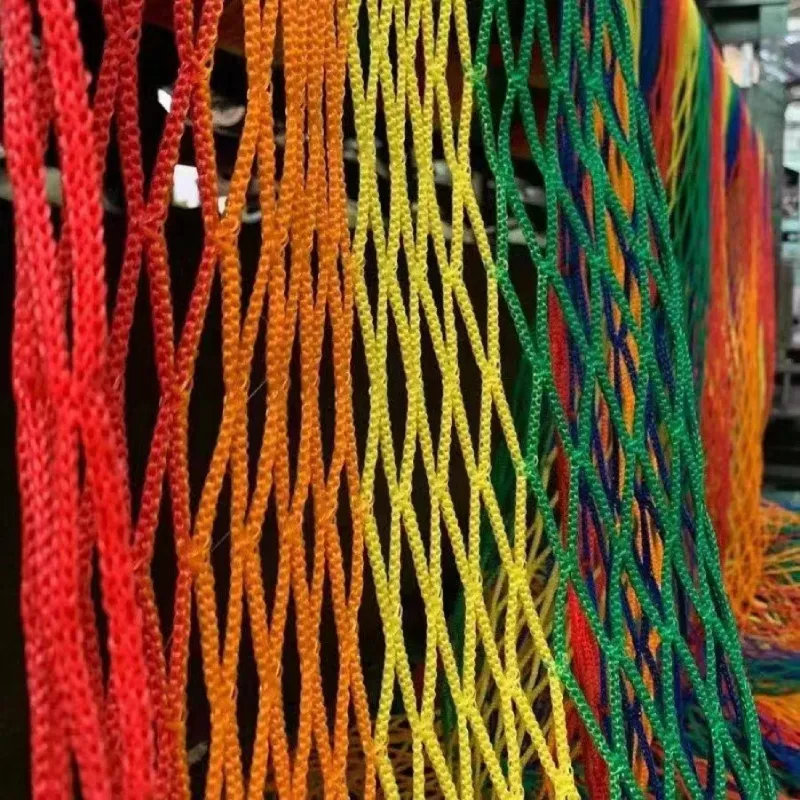-
 Afrikaans
Afrikaans -
 Albanian
Albanian -
 Amharic
Amharic -
 Arabic
Arabic -
 Armenian
Armenian -
 Azerbaijani
Azerbaijani -
 Basque
Basque -
 Belarusian
Belarusian -
 Bengali
Bengali -
 Bosnian
Bosnian -
 Bulgarian
Bulgarian -
 Catalan
Catalan -
 Cebuano
Cebuano -
 China
China -
 Corsican
Corsican -
 Croatian
Croatian -
 Czech
Czech -
 Danish
Danish -
 Dutch
Dutch -
 English
English -
 Esperanto
Esperanto -
 Estonian
Estonian -
 Finnish
Finnish -
 French
French -
 Frisian
Frisian -
 Galician
Galician -
 Georgian
Georgian -
 German
German -
 Greek
Greek -
 Gujarati
Gujarati -
 Haitian Creole
Haitian Creole -
 hausa
hausa -
 hawaiian
hawaiian -
 Hebrew
Hebrew -
 Hindi
Hindi -
 Miao
Miao -
 Hungarian
Hungarian -
 Icelandic
Icelandic -
 igbo
igbo -
 Indonesian
Indonesian -
 irish
irish -
 Italian
Italian -
 Japanese
Japanese -
 Javanese
Javanese -
 Kannada
Kannada -
 kazakh
kazakh -
 Khmer
Khmer -
 Rwandese
Rwandese -
 Korean
Korean -
 Kurdish
Kurdish -
 Kyrgyz
Kyrgyz -
 Lao
Lao -
 Latin
Latin -
 Latvian
Latvian -
 Lithuanian
Lithuanian -
 Luxembourgish
Luxembourgish -
 Macedonian
Macedonian -
 Malgashi
Malgashi -
 Malay
Malay -
 Malayalam
Malayalam -
 Maltese
Maltese -
 Maori
Maori -
 Marathi
Marathi -
 Mongolian
Mongolian -
 Myanmar
Myanmar -
 Nepali
Nepali -
 Norwegian
Norwegian -
 Norwegian
Norwegian -
 Occitan
Occitan -
 Pashto
Pashto -
 Persian
Persian -
 Polish
Polish -
 Portuguese
Portuguese -
 Punjabi
Punjabi -
 Romanian
Romanian -
 Russian
Russian -
 Samoan
Samoan -
 Scottish Gaelic
Scottish Gaelic -
 Serbian
Serbian -
 Sesotho
Sesotho -
 Shona
Shona -
 Sindhi
Sindhi -
 Sinhala
Sinhala -
 Slovak
Slovak -
 Slovenian
Slovenian -
 Somali
Somali -
 Spanish
Spanish -
 Sundanese
Sundanese -
 Swahili
Swahili -
 Swedish
Swedish -
 Tagalog
Tagalog -
 Tajik
Tajik -
 Tamil
Tamil -
 Tatar
Tatar -
 Telugu
Telugu -
 Thai
Thai -
 Turkish
Turkish -
 Turkmen
Turkmen -
 Ukrainian
Ukrainian -
 Urdu
Urdu -
 Uighur
Uighur -
 Uzbek
Uzbek -
 Vietnamese
Vietnamese -
 Welsh
Welsh -
 Bantu
Bantu -
 Yiddish
Yiddish -
 Yoruba
Yoruba -
 Zulu
Zulu
Disposable Plastic Bags - Environmentally Friendly Alternatives & Solutions
The Impact of Disposable Plastic Bags on the Environment
Disposable plastic bags have become an integral part of modern consumer habits, facilitating convenience in shopping and transport. However, the environmental impact of these ubiquitous items has raised significant concerns, prompting discussions about their sustainability and the need for alternatives.
Plastic bags, often made from polyethylene, are lightweight and durable, making them a popular choice among retailers. Yet, their convenience comes at a steep environmental cost. Approximately one trillion plastic bags are used worldwide each year, and a staggering percentage of these bags ultimately end up in landfills, oceans, and other natural habitats. The degradation of plastic takes hundreds of years, contributing to pollution and harming wildlife.
Wildlife is particularly vulnerable to the effects of plastic bag pollution. Marine animals often mistake plastic bags for food, leading to ingestion that can result in malnutrition, intestinal blockage, or even death. Turtles, for example, frequently confuse plastic bags with jellyfish, their primary food source. Birds, too, can become entangled in discarded bags, leading to injury or drowning. The wider ecosystem suffers as well, as the chemicals from decomposing plastics seep into the soil and water systems, contaminating ecosystems and entering the food chain.
disposable plastic bags

Recognizing these challenges, many cities and countries have begun implementing regulations aimed at reducing the use of disposable plastic bags. Some regions have introduced bans or levies, encouraging consumers to shift to reusable bags or alternatives made from sustainable materials. For instance, in March 2020, the European Union implemented a directive aimed at reducing the consumption of single-use plastic bags, targeting a significant decrease in their use by 2025. This move not only aims to cut down plastic waste but also promotes the use of biodegradable options.
Consumer behavior is also changing in response to growing environmental awareness. Many people now carry reusable tote bags as a standard practice in their shopping routines. These bags, often made from cloth or other sustainable materials, can greatly reduce the number of disposable bags used and lessen the overall plastic footprint on our planet.
While the transition away from disposable plastic bags may seem daunting, it is essential for the sake of environmental preservation. Adopting reusable bags, supporting legislation aimed at reducing plastic consumption, and participating in local cleanup efforts can collectively make a significant difference. Moreover, education plays a crucial role in raising awareness about the harmful effects of plastic pollution and the importance of sustainable practices.
In conclusion, the fight against disposable plastic bags is part of a larger movement toward environmental responsibility. As individuals, we can contribute to this cause by making more conscious choices and advocating for positive change. Embracing sustainability will ultimately lead to a healthier planet for future generations, allowing both nature and society to thrive harmoniously.
-
Why Construction Steel Mesh is the Backbone of Modern InfrastructureNewsJun.27,2025
-
The Ultimate Solution for Versatile Industrial and Consumer ApplicationsNewsJun.27,2025
-
Smart Breeding Starts Here: The Ideal Breeder Net for GuppiesNewsJun.27,2025
-
Maximize Your Harvest with Smart NetNewsJun.27,2025
-
High-Performance Steel Mesh Solutions for Modern IndustryNewsJun.27,2025
-
Durable Solutions for Modern Agriculture and LandscapingNewsJun.27,2025











